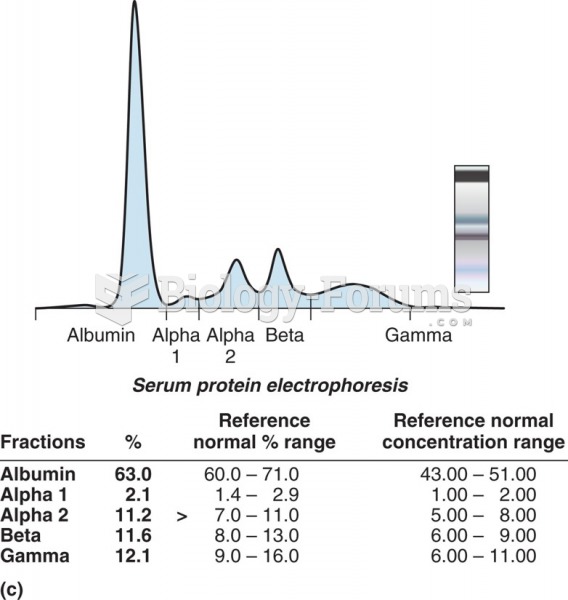Answer to Question 1
ANS: A, B, C, E
Beneficence is providing benefit to others by promoting their welfare. In general terms, to be beneficent is to promote goodness, kindness, and charity. By taking the patient's pain medication and substituting saline, the nurse did harm, not good, for the patient. Autonomy is the principle of respect for the individual person; the nurse does not respect someone upon whom the nurse is inflicting harm. Utilitarianism is the principle that assumes that an action is right if it leads to the greatest possible balance of good consequences or to the least possible balance of bad consequences. Because the patient's pain medication was taken away, the consequences were all bad. Dilemmas are not included as a principle of ethics. Veracity involves truth-telling.
Answer to Question 2
ANS: B
Deontology is an approach that is rooted in the assumption that humans are rational and act out of principles that are consistent and objective and that compel them to do what is right. Deontologic theory claims that a decision is right only if it conforms to an overriding moral duty and wrong only if it violates that moral duty. Utilitarianism is an approach that is rooted in the assumption that an action or practice is right if it leads to the greatest possible balance of good consequences or to the least possible balance of bad consequences. An attempt is made to determine which actions will lead to the greatest ratio of benefit to harm for all persons involved in the dilemma. Autonomy is the principle of respect for the individual person. People are free to form their own judgments and perform whatever actions they choose. Veracity is defined as telling the truth in personal communication as a moral and ethical requirement.







